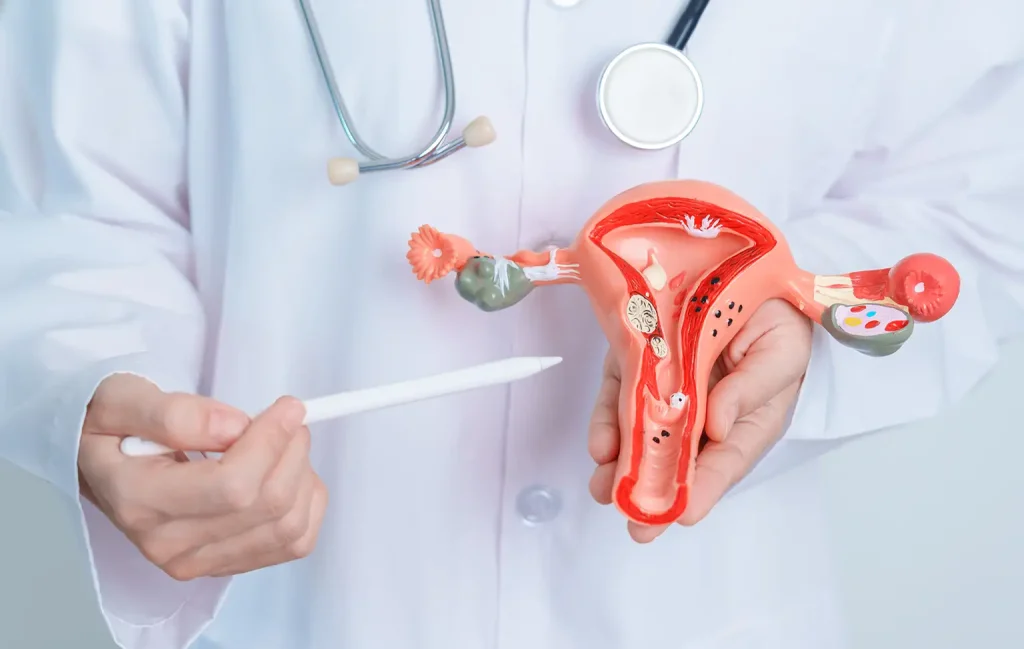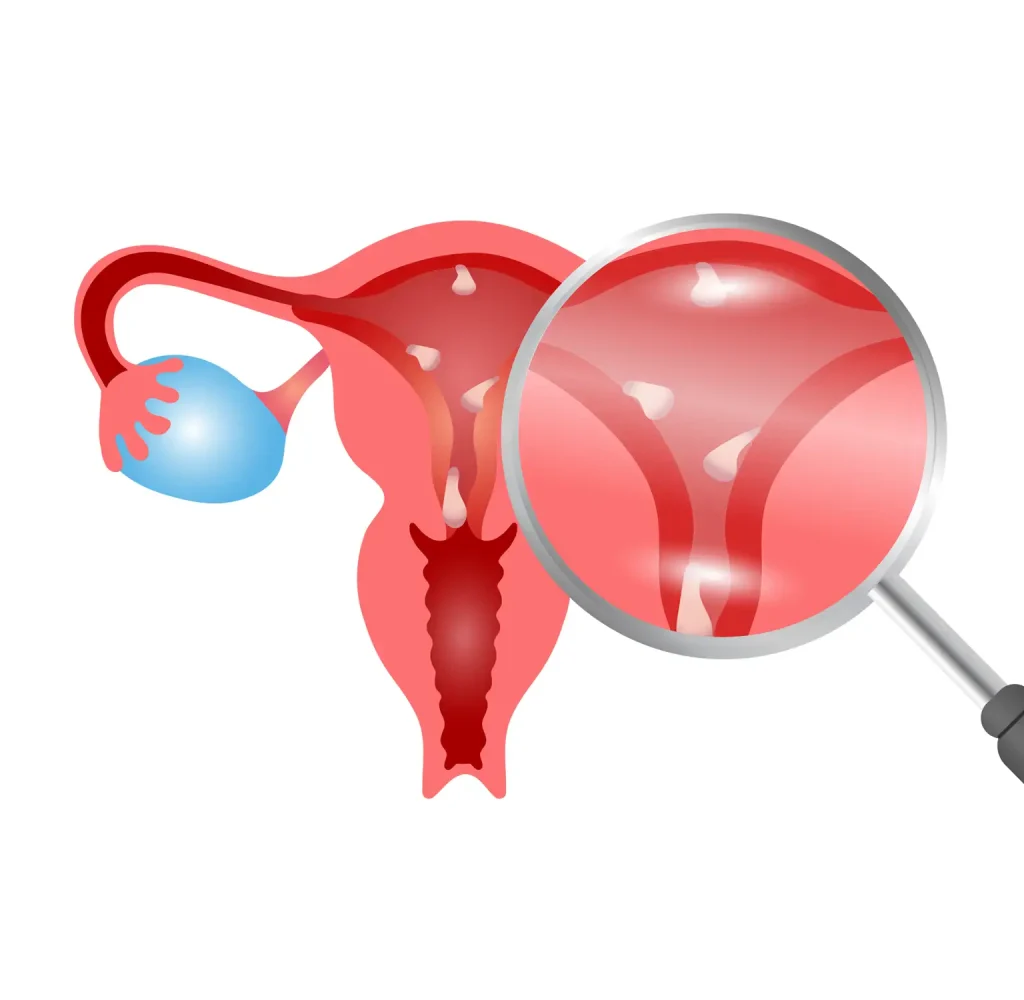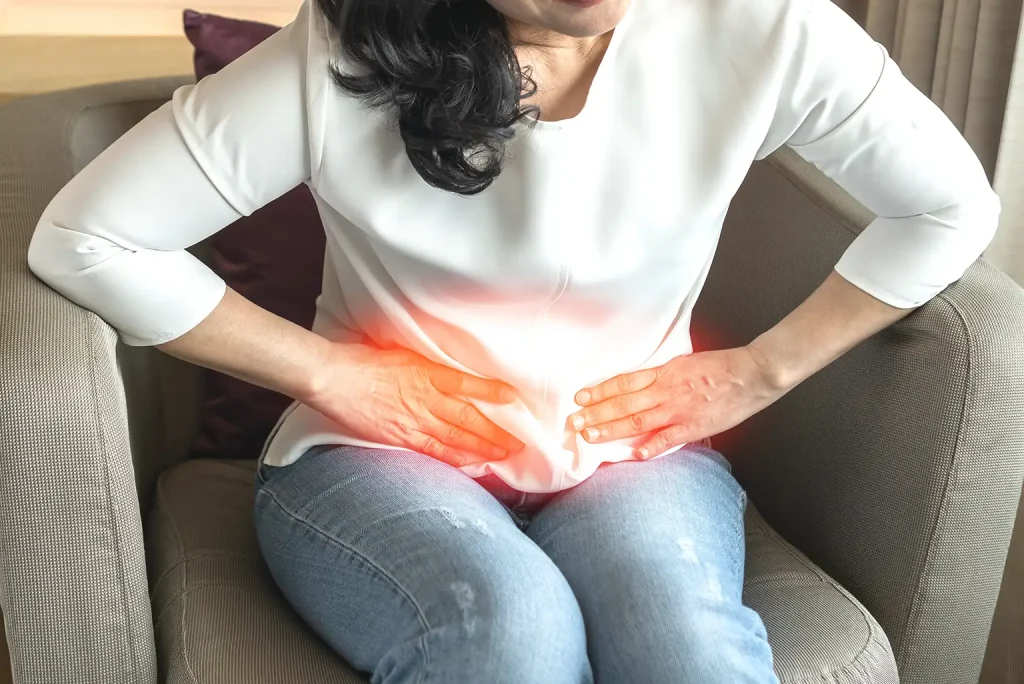Polyps are abnormal tissue growths that develop on mucous membranes in areas such as the uterus, colon, nasal passages or cervix. While most polyps are non-cancerous (benign), some have the potential to develop into cancer over time.
Understanding polyps, their causes, symptoms and the available treatment options can help individuals take early action and prevent complications.

Polyps Treatment
Polyps are abnormal tissue growths that develop on mucous membranes in areas such as the uterus, colon, nasal passages, or cervix. While most polyps are non-cancerous (benign), some have the potential to develop into cancer over time.
Understanding polyps, their causes, symptoms and the available treatment options can help individuals take early action and prevent complications.

Polyps are soft growths that protrude from mucous membranes in the body. They can appear singly or in clusters and vary in size from a few millimetres to several centimetres. Common types include:
Polyps are generally detected in adults over 40, but they can develop at any age depending on risk factors and health history.
Symptoms depend on the type and location of the polyps. Some people may not experience any symptoms and polyps are discovered incidentally during health screenings or procedures.
Common symptoms include:
If you experience any of these symptoms, a healthcare provider should evaluate the cause and recommend appropriate treatment.

Several factors can contribute to the development of polyps, depending on their type:
Early diagnosis of polyps can prevent complications. Common diagnostic tools include:
For uterine or cervical polyps, this non-invasive imaging helps assess abnormalities in the uterus.
A thin, lighted instrument is inserted into the uterus to examine and remove uterine polyps.
For colorectal polyps, a flexible scope is used to view the colon and remove suspicious growths.
Tissue samples may be taken for further examination to rule out malignancy.
Treatment depends on the type, size, symptoms and potential for malignancy. Your doctor will recommend the most suitable approach based on your condition.
You should seek medical advice if you experience:
Timely evaluation can ensure effective treatment and peace of mind.

At Pacific Healthcare Specialist Centre, we provide comprehensive evaluation and treatment for polyps. Whether you are experiencing symptoms or seeking preventive screening, our female gynecologist provides professional care to address your health needs.
Book an appointment to discuss your symptoms and care options.

No, most polyps are benign. However, some types, especially colorectal polyps, have the potential to become cancerous if left untreated.
Yes, polyps can recur, especially if underlying causes such as hormonal imbalances or inflammation are not managed.
Uterine and cervical polyps can sometimes interfere with conception or cause miscarriages. Removing them may improve fertility in some women.
Most removal procedures are minimally invasive and performed under local or general anaesthesia, with minimal discomfort and quick recovery.
Maintaining a healthy lifestyle, managing chronic conditions and going for regular screenings can help reduce the risk of developing polyps.
Copyright © 2026 Pacific Healthcare Specialist Centre (Women's Clinic)